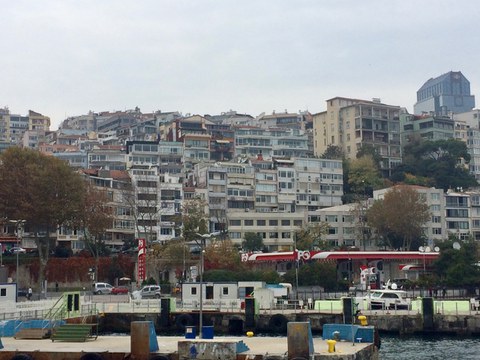Profile
As a result of global urbanization processes, the challenges regarding the design of our spatial and social living environment are increasing. Various cultural and economic conditions in the states require, on the one hand, the formulation of internal goals, strategies and planning concepts and, on the other, certain phenomena are also subject to universal societal changes. Thus, the interconnections and functional dependencies between cities and surrounding areas are narrowing everywhere and call into question the predominant sectoral planning practice both spatially and with respect to content.
The Institute of Urban and Regional Planning, with its four chairs, covers the spectrum from analysis, large-scale planning and development strategies to the design of districts and related policies. In close cooperation with the adjacent subject areas of architecture, landscape architecture and the disciplines represented in the fields of construction and the environment, integrated concepts are being compiled to develop sustainable structures in the urban and rural context. However, the institute is not only looking to expand its collaborations in the regional and national context, it also wants to deliberately link international partnerships with education and research, to thus contribute toward the internationalization of the faculty and act as a network partner for the region.
The focal points in the field of teaching and research lie in the dissemination and further development of strategies, concepts and solution approaches in the field of urban construction, urbanism, urban planning, urban development and urban design.
